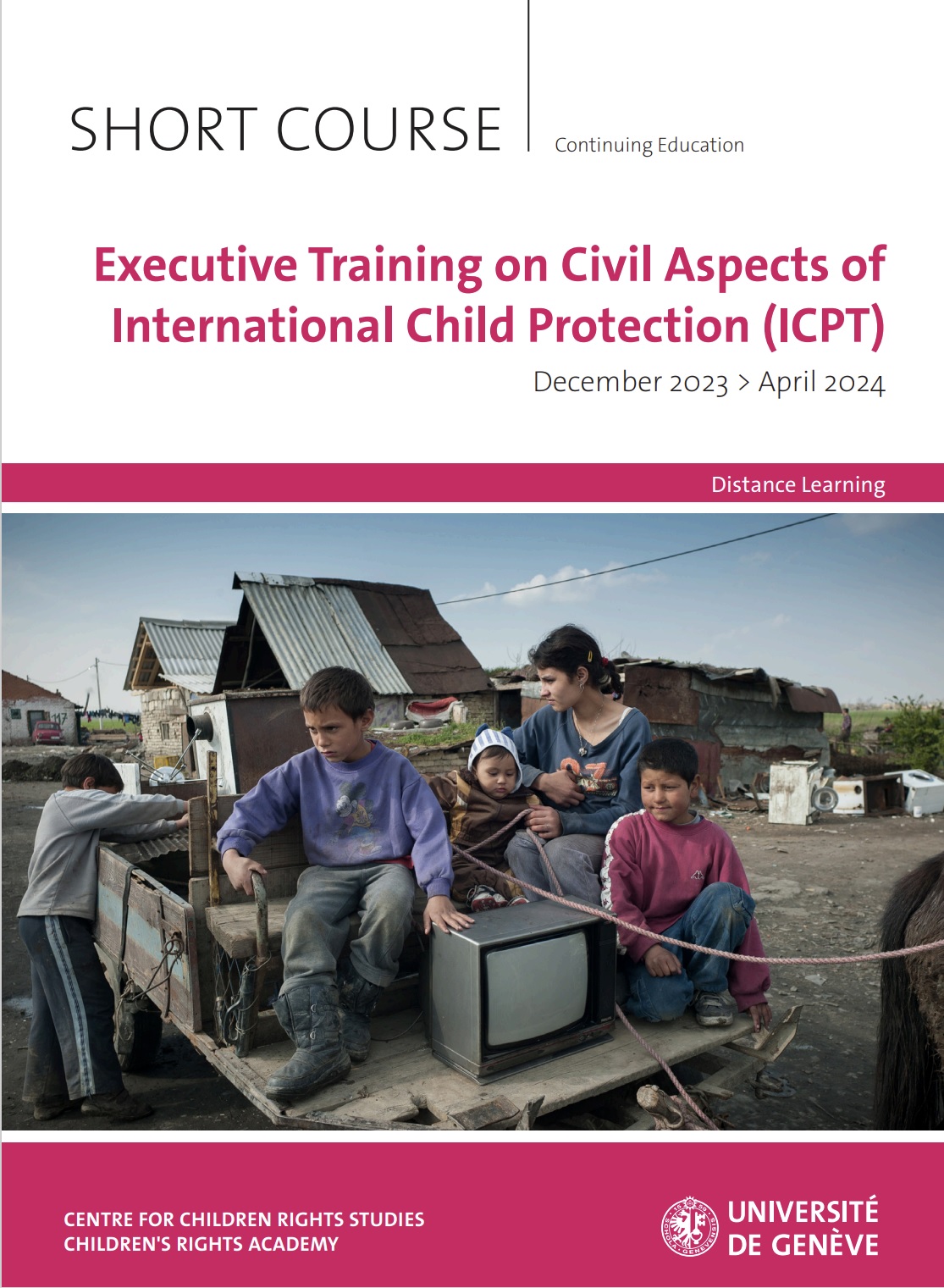Hague Service Convention Enters into Force in Singapore
Singapore acceded to the Hague Convention on the Service Abroad of Judicial and Extrajudicial Documents in Civil or Commercial Matters (‘Service Convention’) on 16 May 2023. It has now entered into force in Singapore on 1 December 2023. Two declarations were lodged: first, against Article 8(1) objecting to the direct service of judicial documents upon persons in Singapore through foreign diplomatic or consular agents unless the documents are to be served upon a national of the State from which the documents originate; and secondly, objecting to service of judicial and extrajudicial documents in Singapore by the methods of transmission set out in Article 10. These methods are:
‘a) the freedom to send judicial documents, by postal channels, directly to persons abroad,
b) the freedom of judicial officers, officials or other competent persons of the State of origin to effect service of judicial documents directly through the judicial officers, officials or other competent persons of the State of destination,
c) the freedom of any person interested in a judicial proceeding to effect service of judicial documents directly through the judicial officers, officials or other competent persons of the State of destination.’
The enactment was accompanied by amendments to the Rules of Court 2021, Singapore International Commercial Court Rules 2021 and Family Justice Rules 2014.

